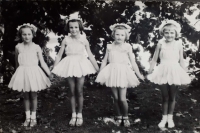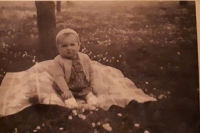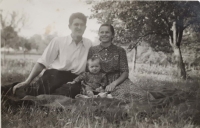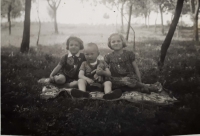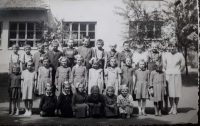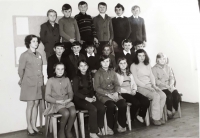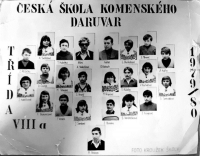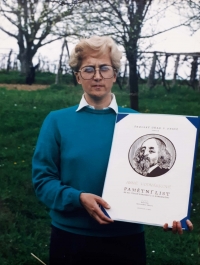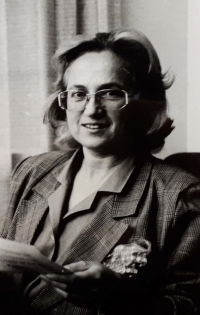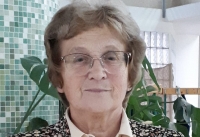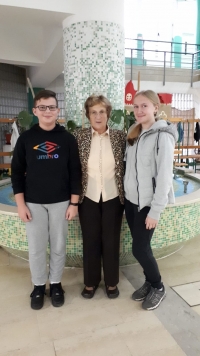Only active life is real life
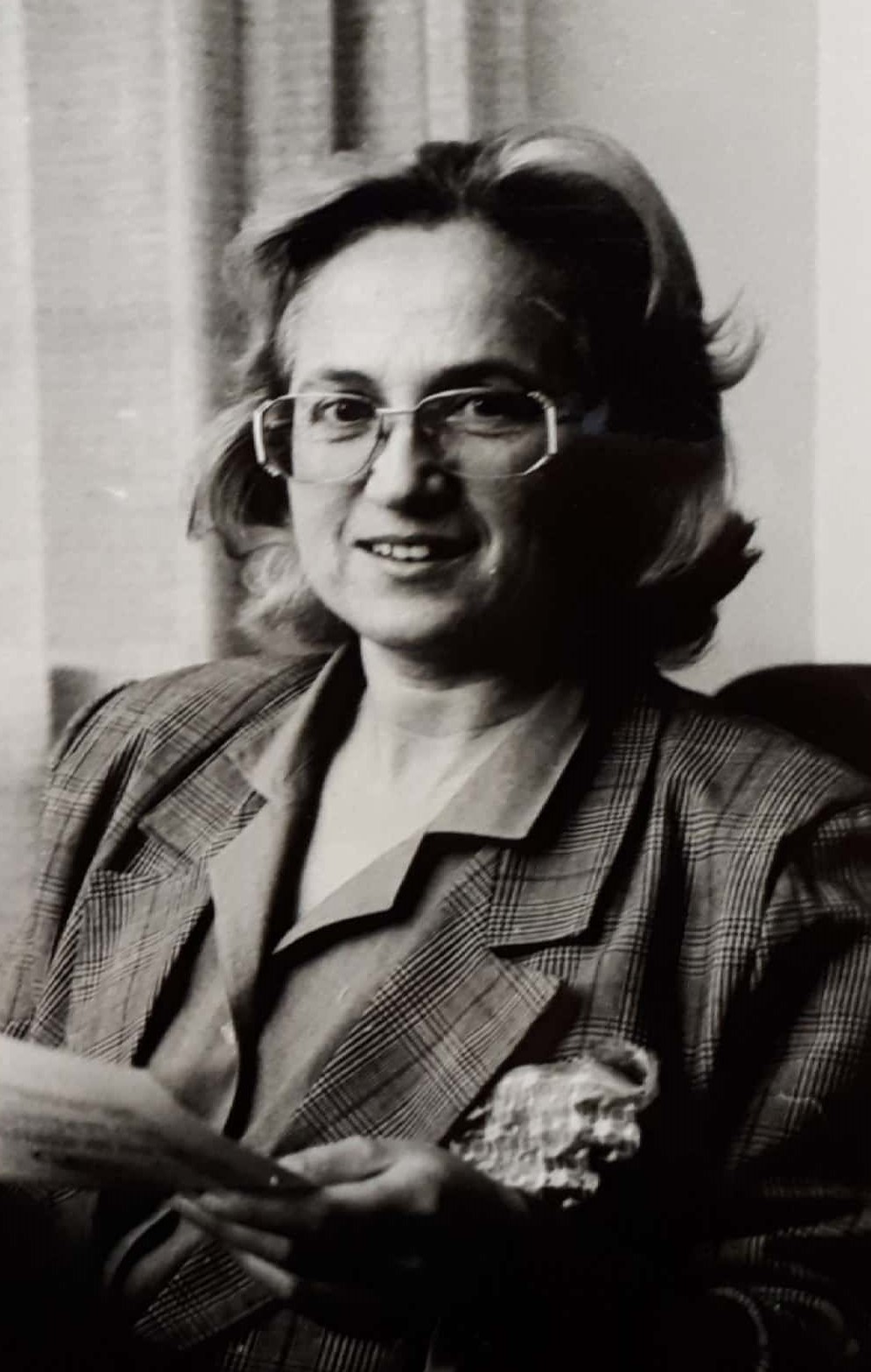
Download image
Ana Vodvárková was born on July 20, 1952 in Ivan’s Village in what was then Yugoslavia. This settlement in Croatia was founded by Czech immigrants in the 19th century. She grew up in a Czech-speaking environment and only learned Croatian at school. She studied geography and was a teacher at Czech schools in Končenice and Daruvar. During the Croatian War of Independence, the so-called Homeland War, she went to Jánské Koupelí near Opava in 1991 thanks to an offer from the Czechoslovak government with several hundred children. They stayed here for four months, during the worst fighting. They were also there at the time of the attack on Ivan’s Village, during which the parents of some children died.
